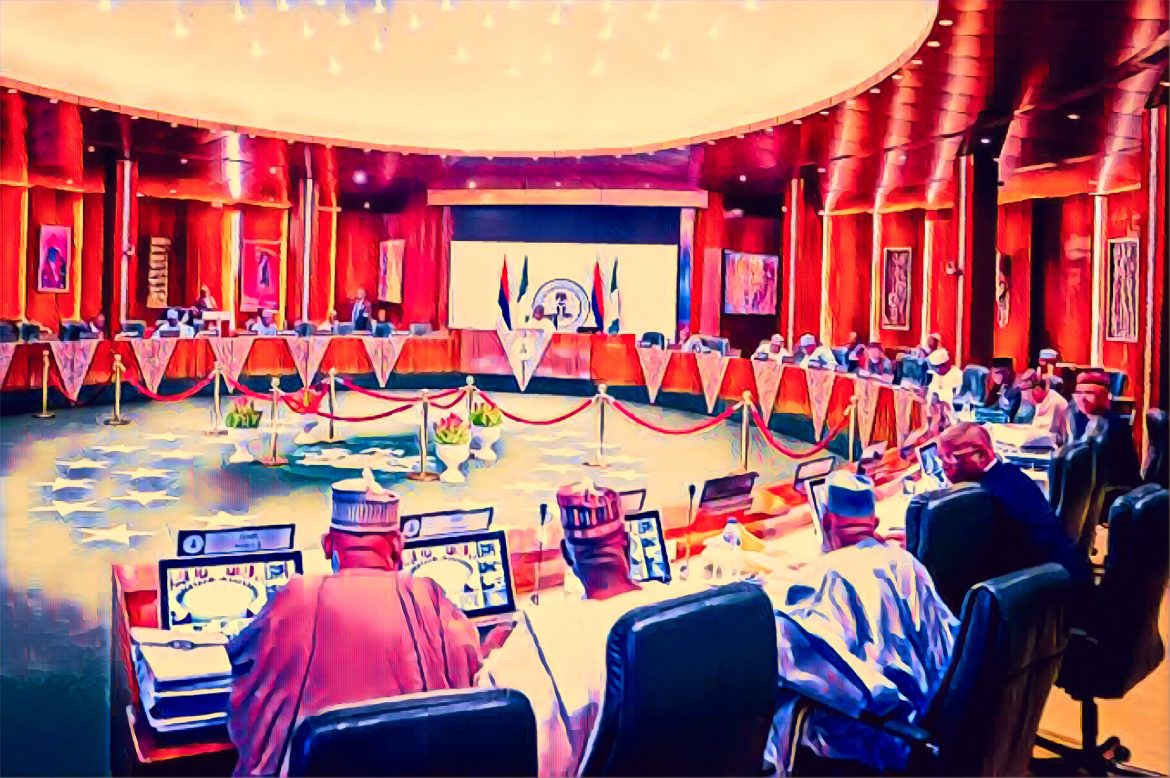KEY POINTS
- Nigeria’s Federal Executive Council approved a $75 per barrel oil benchmark and N47.96 trillion budget expenditure for 2025, marking a 36.8% rise from the 2024 budget.
- The 2025 budget projects 2.06 million barrels of daily oil output, N34.82 trillion in revenue, and a N13.13 trillion deficit, equivalent to 3.89% of Nigeria’s GDP.
- Key spending areas include infrastructure, education, and healthcare, with the deficit funded through domestic and foreign loans to drive economic recovery amid inflation and currency challenges.
On Monday, Nigeria’s Federal Executive Council endorsed the 2025 budget proposal, establishing a $75 per barrel oil price benchmark. The council estimated total expenditure at N47.96 trillion, reflecting a 36.8 percent rise from the 2024 budget.
According to Punch, the Minister of Budget and Economic Planning, Atiku Bagudu, declared the approval following the council’s last meeting for 2024 at the Aso Rock Villa in Abuja.
Nigeria Targets 2025 Oil Output
Bagudu stated that the 2025 budget structure relies on an oil output goal of 2.06 million barrels daily and a currency value of N1,400 to the U.S. dollar.
The government anticipates N34.82 trillion in revenue for the year, resulting in a fiscal shortfall of N13.13 trillion, equivalent to 3.89 percent of the country’s GDP.
“All these are already included in the medium-term expenditure framework which we have presented here, which has also been approved by the National Assembly.” Bagudu stated.
Grand financial plans
The suggested budget represents a notable financial expansion as the government aims to enhance economic recovery.
Nigeria continues to depend significantly on oil revenues, even with fluctuations in global prices.
The anticipated shortfall will be covered by a combination of local and foreign loans, with expenditure directed towards infrastructure, education, healthcare, and other essential areas.
Upcoming actions
The budget plan will be presented to the National Assembly for additional evaluation and consent prior to its completion.
The 2025 financial framework illustrates Nigeria’s attempt to harmonize economic expansion with issues like increasing inflation, debt servicing, and currency decline.


